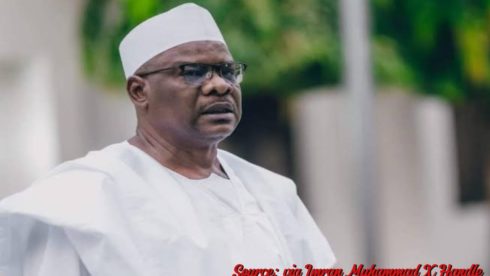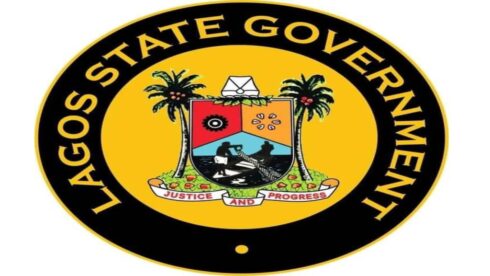Former Senate Leader and representative of Borno South Senatorial District, Senator Ali Ndume, has asserted that the North is not parasitic or dependent on other regions, especially in economic matters. Addressing misconceptions, Ali Ndume emphasized that Nigeria’s states, zones, and regions are interdependent and mutually reliant for survival despite their varying resources.
“The North was, is, and will never be a parasite or dependent on any region or even the country. We are assets, not liabilities, to Nigeria,” he stated on Sunday. Ali Ndume further dismissed claims that the proposed tax reforms target northern interests, calling such views naïve. He clarified that the reforms apply uniformly to all low- and middle-income Nigerians.
Ali Ndume Call for Prudence in Tax Reforms
Senator Ali Ndume expressed reservations about the proposed tax reform bills, criticizing their timing amid Nigeria’s challenging economic climate. He urged the government to withdraw the bills for broader consultations with stakeholders, including state and local governments, as well as the private sector.
“I insist that the Tax Reforms Bills be withdrawn for broader consultations and engagement with critical stakeholders,” he said. Ndume suggested that the Federal Inland Revenue Service (FIRS) focus on broadening the tax base and enhancing collection efficiency to mitigate public resistance. He also called for greater contributions from commercial banks, which, according to him, declare significant annual profits but do not equitably contribute to the nation’s revenue.
Concerns Over Governance and Accountability
Highlighting systemic fiscal challenges, Ali Ndume urged the government to address governance issues before implementing tax reforms. He expressed concerns about the rising cost of personnel and recurrent expenditures, which account for 50–60% of the 2024 budget. Ndume noted that, as of November, only 20% of the budget had been implemented, with recurrent expenditure already exhausted.
“This means over N15tn to N20tn is going into personnel, debt servicing, and recurrent expenditure,” he said, adding that governance reforms across all arms of government are crucial to achieving fiscal sustainability. Ndume stressed that such reforms should include proper timing, public support, and transparency for effective implementation.
Banking Sector Scrutiny and Tax Administration
A key focus of Ali Ndume’s commentary was the role of commercial banks in Nigeria’s tax system. He called for increased attention to their tax contributions, particularly given their substantial profit declarations.
The senator advocated for the Federal Inland Revenue Service (FIRS) to enhance its tax collection efficiency and broaden the tax base, while simultaneously improving transparency in tax administration. He specifically urged the Central Bank of Nigeria to ensure equitable tax contributions from commercial banks.
Comprehensive Government Reform Advocacy
Ndume highlighted broader concerns about government spending and fiscal management, noting that current budget allocation patterns require significant reform. He pointed out that personnel and overhead expenditures consume a disproportionate share of the national budget.
The senator’s analysis revealed that while recurrent expenditure has been fully utilized, only 20 percent of the 2024 budget has been implemented as of November. This disparity, he argued, underscores the need for comprehensive reforms across all government branches, not just in tax administration.
Broader Recommendations for Fiscal Reform
Senator Ndume proposed the establishment of a more transparent tax administration system as part of broader fiscal reforms. He raised concerns over President Bola Tinubu’s proposed tax reform package, which includes the creation of a Joint Revenue Board, a Tax Appeal Tribunal, and the Office of the Tax Ombudsman. Ndume argued that these measures should be accompanied by governance reforms to address Nigeria’s fiscal challenges comprehensively.
Additionally, he advised the Central Bank of Nigeria (CBN) to scrutinize commercial banks to ensure equity in their tax contributions. “The FIRS should concentrate on expanding the tax net and improving collections. Additionally, accountability and transparency in tax administration must be enhanced,” Ndume remarked.
By advocating for prudence, inclusivity, and governance reforms, Ndume positioned himself as a proponent of holistic solutions to Nigeria’s fiscal and economic challenges.
Table of Contents
Discover more from OGM News NG
Subscribe to get the latest posts sent to your email.













